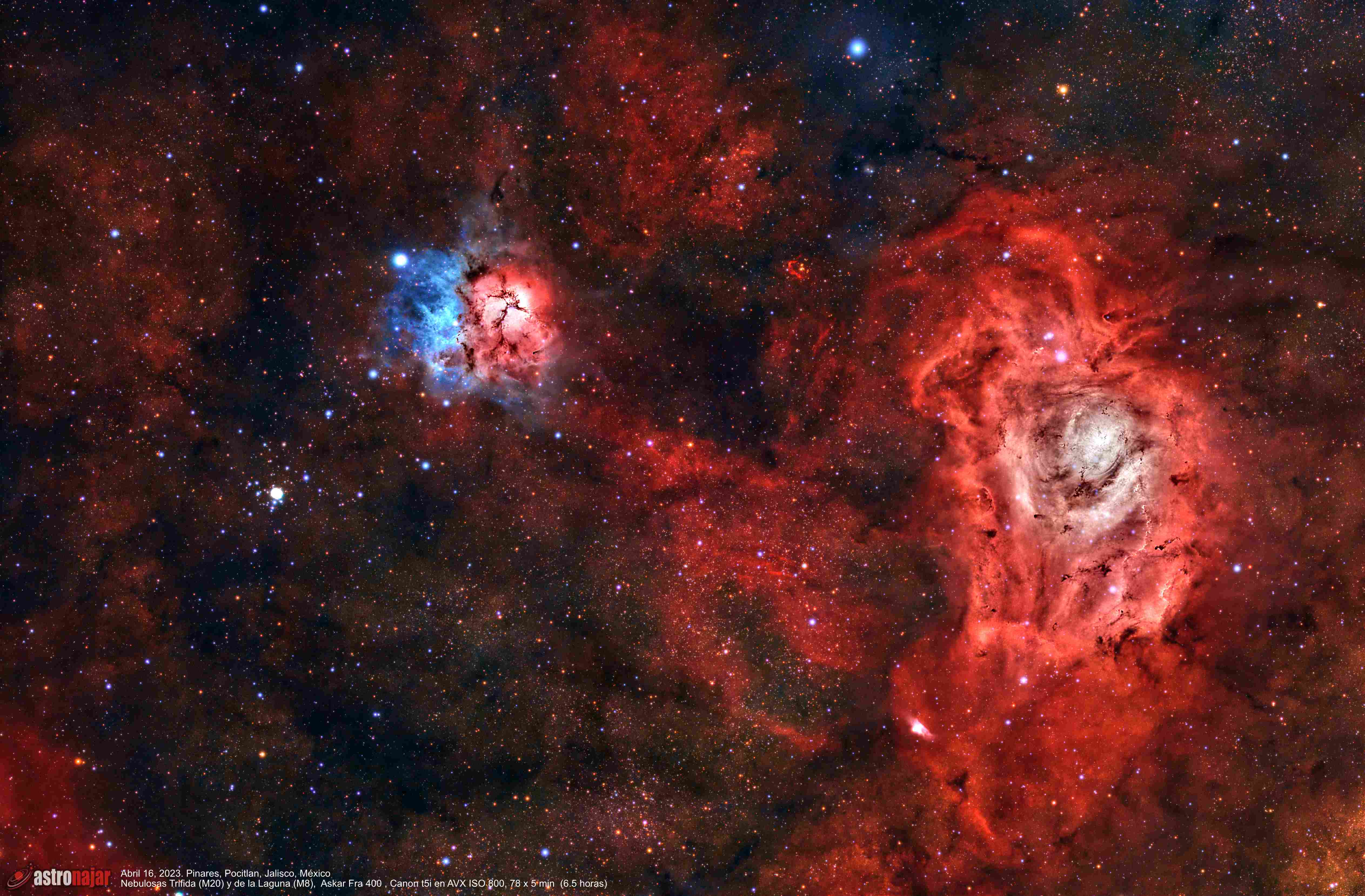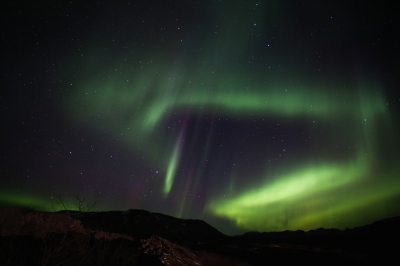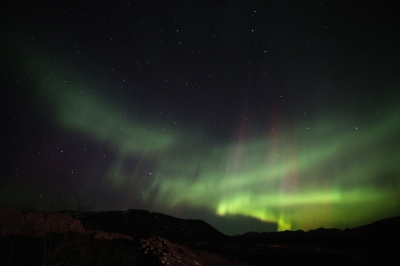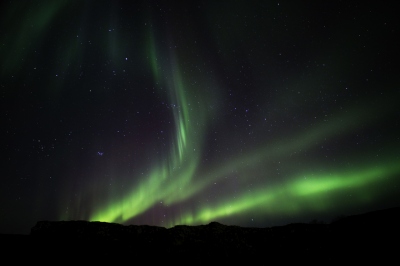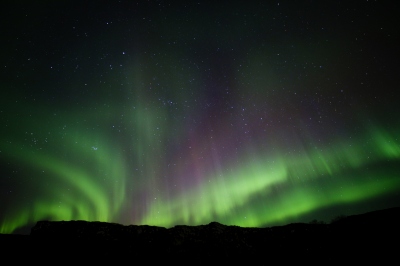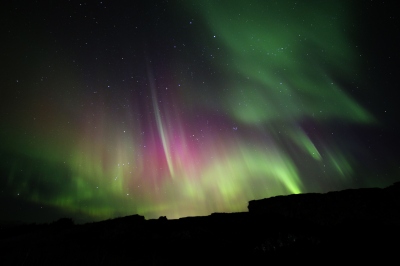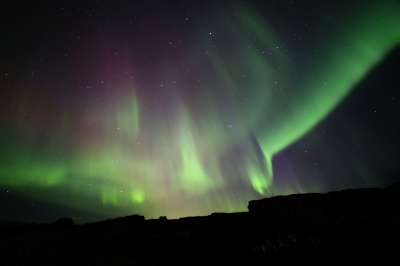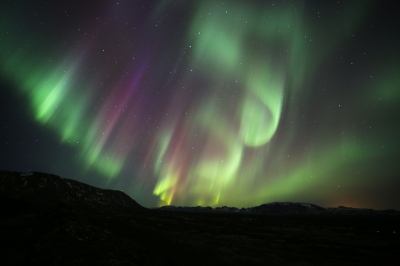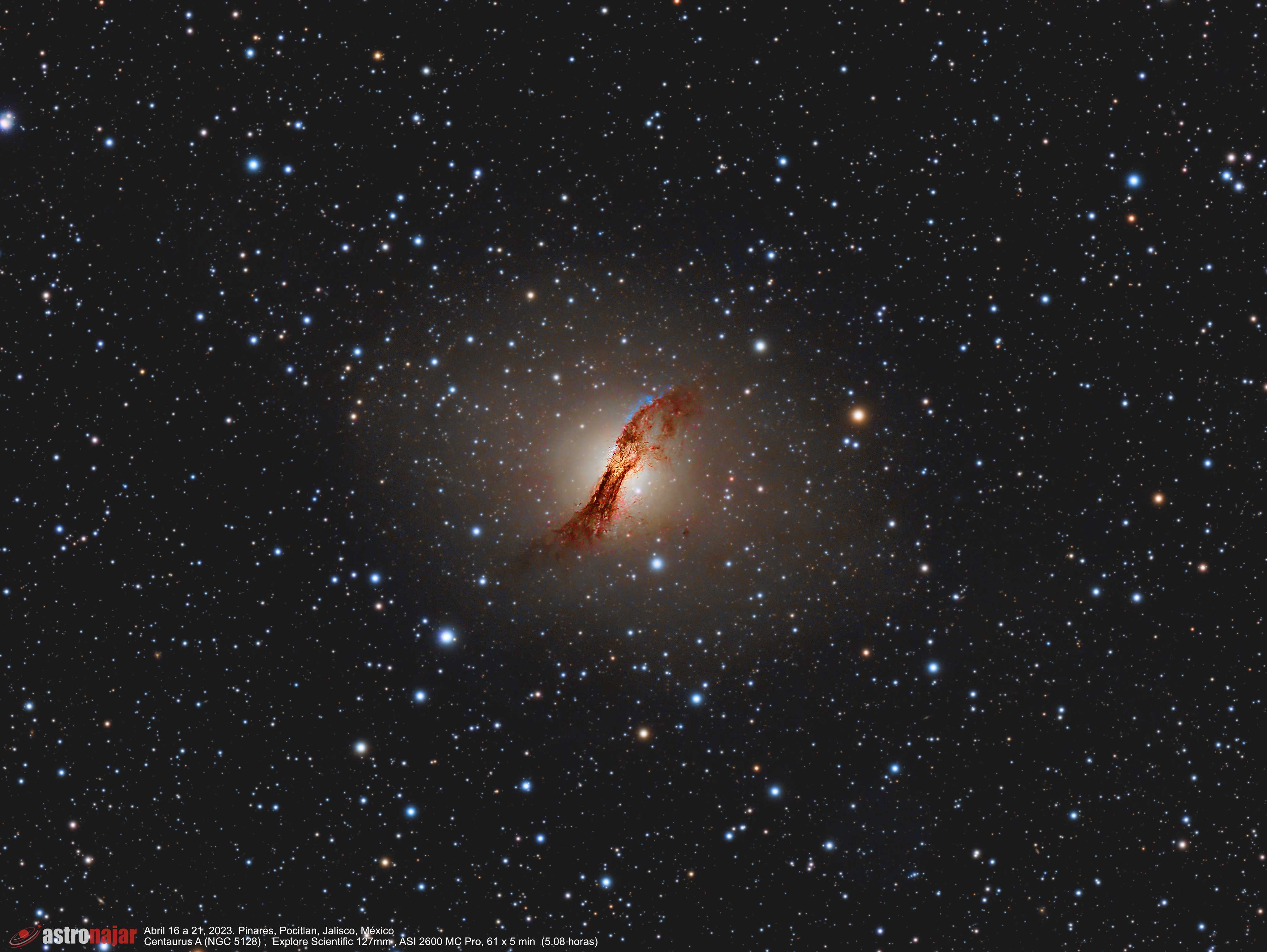Ngc 2237 Rosette Nebula
Telescopi O Obiettivi Di Acquisizione
Tecnosky APO Triplet 115/800
Camere Di Acquisizione
Omegon veTec 571 M
Montature
iOptron CEM70G
Filtri
Optolong Blue 2" · Optolong Green 2" · Optolong H-Alpha 3nm 2" · Optolong Luminance 2" · Optolong OIII 3nm 2" · Optolong Red 2" · Optolong SII 3nm 2"
Accessori
Primaluce Lab SESTO SENSO 2 · WandererAstro WandererBox Ultimate V2 · WandererAstro WandererCover V3 · WandererAstro WandererRotator Mini
Software
Adobe Photoshop · Han K. Astrometric STAcking Program (ASTAP) · iOptron ASCOM Driver and Commander · Planewave Platesolve2 · Pleiades Astrophoto PixInsight · Stark Labs PHD Guiding · Stefan Berg Nighttime Imaging 'N' Astronomy (N.I.N.A. / NINA)
Date:
16 Marzo 2023 · 17 Marzo 2023 · 20 Marzo 2023 · 21 Marzo 2023 · 22 Marzo 2023
Pose:
Optolong Blue 2": 19×19″(6′ 1″) (gain: 100.00) f/5.5 -10°C bin 1×1
Optolong Green 2": 19×240″(1h 16′) (gain: 100.00) f/5.5 -10°C bin 1×1
Optolong H-Alpha 3nm 2": 21×600″(3h 30′) (gain: 100.00) f/5.5 -10°C bin 1×1
Optolong Luminance 2": 25×300″(2h 5′) (gain: 100.00) f/5.5 -10°C bin 1×1
Optolong OIII 3nm 2": 25×600″(4h 10′) (gain: 100.00) f/5.5 -10°C bin 1×1
Optolong Red 2": 19×240″(1h 16′) (gain: 100.00) f/5.5 -10°C bin 1×1
The Rosette Nebula (also known as NGC 2237 and C 49) is a large, roughly circular H II region located on the edge of a giant molecular nebula in the constellation Unicorn.
The nebula has an angular diameter of 1.3° and is located at a distance of 1600 parsecs (about 5200 light years) from the solar system; it is approximately 100 light-years in size.
At the center of the Rosette Nebula is a bright open cluster known as NGC 2244; the blue stars of the cluster, forming part of the OB association known as Monoceros OB2, emit ultraviolet radiation, which excites the gas of the nebula leading it to emit red light. The stellar wind from the O and B group of stars is thought to exert pressure on the interstellar cloud causing compression, followed by star formation; in fact, many Bok globules have been observed in the region, believed to be the site of star formation.
File full resolution:
https://flic.kr/p/2ooJysU